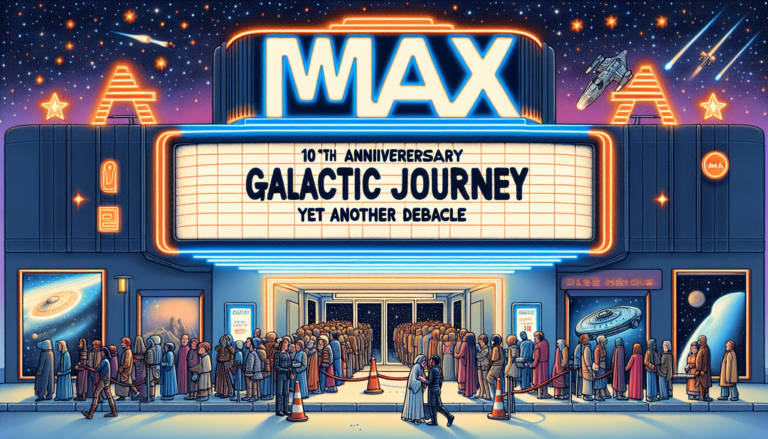Unity Abandons Controversial Runtime Fees One Year Later: What Developers Need to Know
In a significant reversal, Unity has decided to **eliminate its controversial Runtime Fee** a year after its introduction, which had sparked **widespread backlash**. As part of its new strategy, Unity is adopting a **subscription-based pricing model**, with adjustments aimed at addressing concerns from the development community. This comprehensive overview will break down the key changes and what they mean for game developers.
Key Takeaways
- Runtime Fees eliminated: No more charges based on game installations.
- Subscription model returns: Developers face increased subscription costs instead.
- CEO acknowledges past mistakes: Commitment to improved developer relations.
- New pricing changes effective in 2024: Adjustments for Unity Pro and Enterprise plans.
- Unity Personal remains free: Increased revenue threshold for free use.
Background of the Controversy
Introduction of the Runtime Fee
Unity’s Runtime Fee, introduced in September 2023, was to be charged based on the number of game installations. This model was met with extensive criticism, particularly from **smaller developers**, who feared the costs could heavily impact their businesses.
Developer Backlash
The **widespread backlash** from the developer community led to significant changes within Unity’s leadership, including the resignation of the CEO and another high-ranking executive. Developers voiced that the fee structure was unworkable and detrimental.
Subscription Model Returns
Shift to Conventional Subscriptions
With the cancellation of the Runtime Fee, Unity is reverting to a **subscription-based model**. This means developers will no longer be charged based on game installations but rather on their chosen subscription tiers.
Price Increases Starting 2024
Commencing January 5, 2024, the costs for Unity subscriptions will be:
Subscription Plan |
Current Price |
New Price |
Percentage Increase |
|---|---|---|---|
Unity Pro |
$2,040 |
$2,200 |
8% |
Unity Enterprise* |
$2,800 |
$3,500 |
25% |
*Additional criteria for companies earning over $25 million annually.
Unity Personal Plan
The **Unity Personal** plan, designed for hobbyists and small developers, remains free. However, the revenue threshold has increased from $100,000 to $200,000, giving developers more room to grow without incurring costs.
Optional Made with Unity Splash Screen
Beginning with **Unity 6**, which is scheduled for release later in 2024, developers will have the option to remove the Made with Unity splash screen, providing greater flexibility in their branding.
Statement from Unity CEO
Matthew Bromberg, the CEO of Unity, acknowledged the missteps of the previous fee structure and emphasized the company’s dedication to enhancing the game development platform. He noted that **annual subscription fees** would increase as necessary to sustain Unity’s growth and innovation.
Future Pricing Adjustments
While Unity has committed to the subscription model, Bromberg mentioned that the company might continue to raise prices incrementally. These adjustments ensure Unity can maintain investment in its products without surprising developers with new types of fees.
FAQs
Why did Unity cancel the Runtime Fee?
Unity faced substantial opposition from developers, particularly smaller studios, who found the fee structure financially burdensome and impractical.
How will the new pricing model work?
Unity will rely on a subscription-based pricing model, with elevated costs for Unity Pro and Enterprise plans starting in 2024.
Will Unity Personal plan users be affected?
No, Unity Personal remains free, with an increased revenue threshold of $200,000 before any fees apply.
What was the impact on Unity’s leadership?
The backlash led to the resignation of Unity’s CEO and another executive, prompting a reevaluation of their pricing strategy.
What can developers expect in the future?
Unity plans to continue its investment in platform enhancements. Pricing adjustments will be communicated clearly, maintaining the subscription model without reintroducing new installation-based fees.
Unity’s decisive pivot away from the Runtime Fee and the move towards a revamped subscription model reflects their commitment to rebuilding trust with the developer community. These changes are designed to sustain Unity’s innovation while addressing valid concerns from developers.





